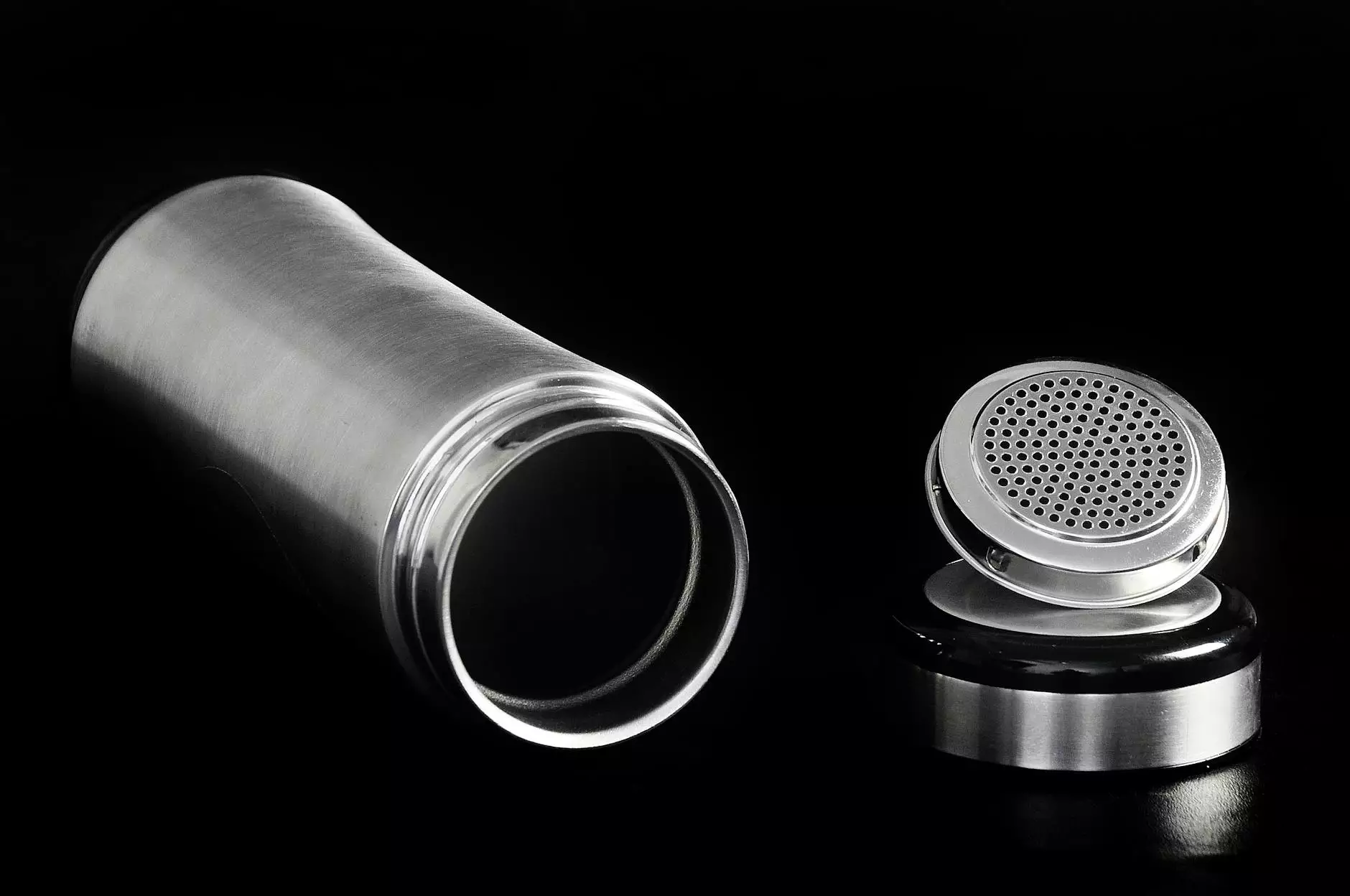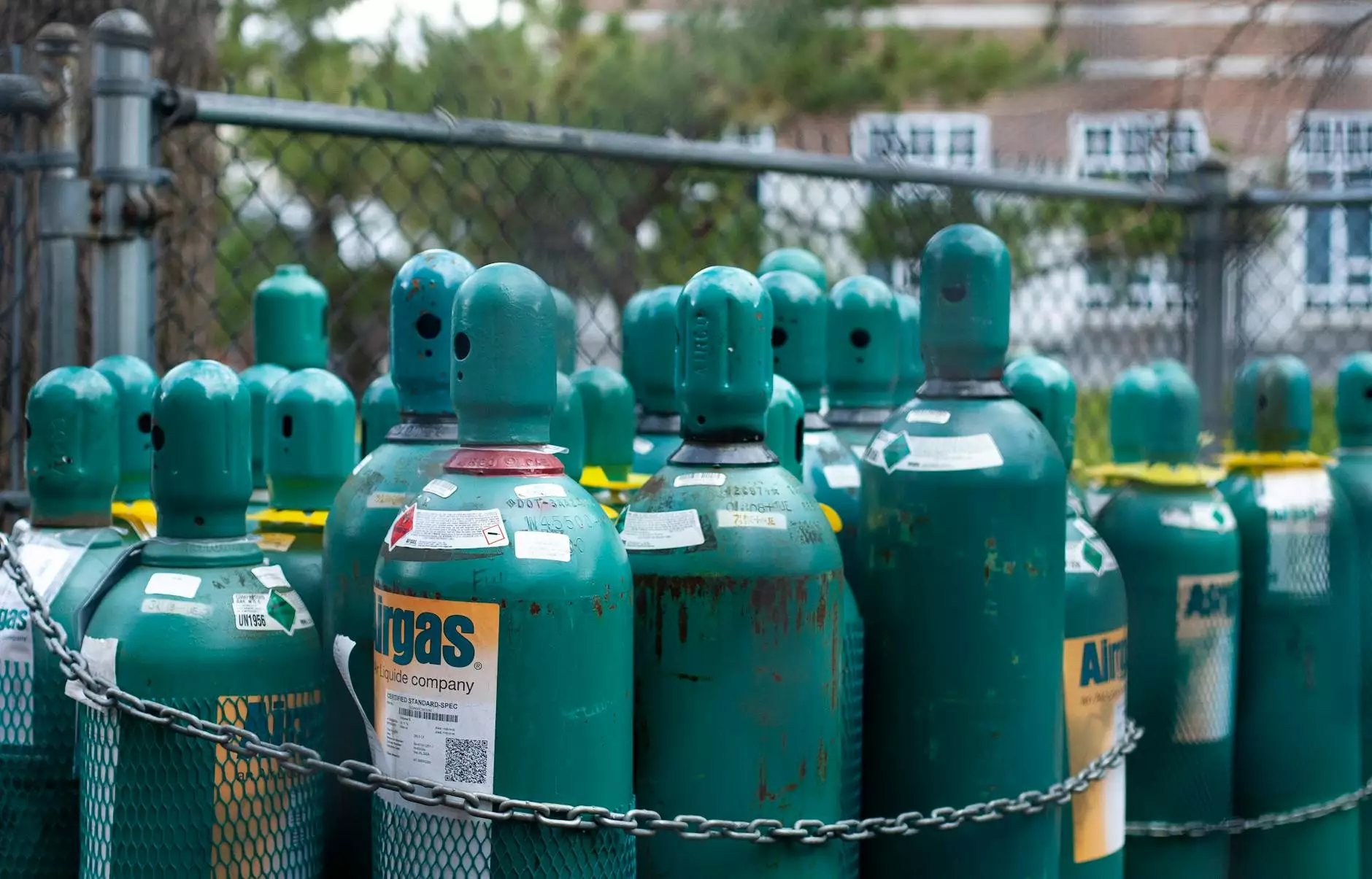Understanding the Parts of Engine Cylinder Block

The engine cylinder block is an essential component of internal combustion engines. It serves as the foundation for the engine, housing crucial parts and components that make up the engine's functionality. This article delves deep into the parts of engine cylinder block, highlighting their importance, functionality, and how businesses can ensure a steady supply of high-quality diesel engine parts.
What is an Engine Cylinder Block?
The engine cylinder block, often simply referred to as the block, is the core of an engine. It contains the cylinders, where the power-generating process takes place. It also includes a variety of other components that contribute to the engine's operation, including:
- Water jackets for cooling
- Crankcase for housing the crankshaft
- Motor mounts for supporting the engine
- Oil passages for lubrication
Understanding the parts of engine cylinder block is crucial for both mechanics and businesses involved in the sale and supply of diesel engine parts.
The Main Parts of Engine Cylinder Block
Below are the primary components that make up the engine cylinder block, along with their functions.
1. Cylinders
The cylinders are perhaps the most critical component of the engine block. They serve as the chamber where air-fuel mixtures ignite and expand, driving the piston movement. Each cylinder is meticulously designed to handle the extreme pressure and heat generated during the combustion process. The number of cylinders typically varies from four to sixteen, depending on the engine design.
2. Cylinder Head
The cylinder head sits atop the cylinder block and contains vital components like valves, spark plugs (in gasoline engines), and fuel injectors. It helps to close the upper part of the combustion chamber, proving that both the cylinder head and the block work in unison to facilitate efficient combustion. Proper sealing between the cylinder head and block is critical to prevent leaks and ensure optimal performance.
3. Crankshaft
Within the engine block lies the crankshaft, which transforms the linear motion of the pistons into rotational motion. This conversion is essential for propelling the vehicle. The crankshaft is supported by main bearings and is crucial for balancing the engine and reducing vibrations.
4. Pistons
Pistons move up and down within the cylinders, driven by the combustion of the fuel-air mixture. Each piston is attached to the crankshaft via connecting rods. The movement of the pistons generates the power needed to turn the crankshaft and ultimately power the vehicle. The materials used for pistons must withstand extreme temperatures and pressures.
5. Oil Passages
To keep the engine running smoothly, proper lubrication is essential. The engine block features oil passages that distribute oil to various moving parts, reducing friction and wear. Quality oil seals and gaskets are crucial to maintaining the right oil pressure within these passages, ensuring the entire engine operates effectively.
6. Water Jackets
Engine block designs often incorporate water jackets around the cylinders. These passages allow coolant to circulate, absorbing heat generated by combustion. Effective cooling is vital to prevent overheating, which can lead to engine damage. Understanding the layout and functionality of water jackets is essential for effective engine cooling system maintenance.
Importance of Quality Parts in Engine Cylinder Blocks
When sourcing parts for an engine cylinder block, the quality of those components is paramount. Poor-quality parts can lead to various issues, from decreased performance to complete engine failure. Therefore, businesses must ensure they source parts from reputable suppliers. Here are a few reasons why quality matters:
- Durability: High-quality parts will withstand wear and tear much better than inferior components, leading to a longer engine lifespan.
- Performance: Well-manufactured parts can improve engine efficiency and performance, positively impacting fuel consumption and power output.
- Reliability: Quality parts reduce the likelihood of breakdowns and repairs, ensuring that vehicles remain operational and minimizing downtime for businesses.
How to Choose the Right Diesel Engine Parts Supplier
Choosing a supplier for your diesel engine parts is a critical decision that can affect your business operations. Here are some factors to consider when selecting a supplier like client-diesel.com:
1. Reputation and Reliability
Research potential suppliers by checking their reputation in the market. Look for reviews, testimonials, and case studies from previous customers to gauge their reliability.
2. Quality Assurance
Ensure that the supplier guarantees quality in their products. They should offer warranties and adhere to industry standards. This assurance can give you peace of mind about the parts you purchase.
3. Range of Products
A good supplier should have a vast range of products concerning diesel engine parts. This range should include not just the parts of engine cylinder block, but also other components necessary for your business operations.
4. Customer Support
Excellent customer support is essential. The supplier should provide accurate and timely information regarding their products, shipping, and after-sales service.
5. Pricing and Payment Options
While pricing should not be the only deciding factor, it is still essential to ensure that the supplier offers competitive rates. Additionally, flexible payment options can enhance your purchasing experience.
Maintenance Tips for Engine Cylinder Blocks
To prolong the life of your engine block and its components, regular maintenance is crucial. Here are some essential maintenance tips:
- Regular Oil Changes: Maintain an oil change schedule to ensure proper lubrication. Using high-quality engine oil can further protect engine components.
- Monitor Engine Temperature: Keep an eye on the engine temperature gauge. Overheating can lead to severe engine damage.
- Inspect Gaskets and Seals: Regularly check and replace worn-out gaskets and seals to prevent oil and coolant leaks.
- Cylinder Head Maintenance: Pay attention to the cylinder head to ensure proper sealing and overall integrity.
Conclusion: The Future of Engine Cylinder Blocks and Diesel Parts
The parts of engine cylinder block are vital to the overall functionality and reliability of diesel engines. Understanding the intricate components, sourcing high-quality parts, and maintaining them properly are crucial for businesses reliant on diesel engines. Suppliers like client-diesel.com play a significant role in this ecosystem, offering quality spare parts and supporting businesses in their operations.
As engines continue to evolve, so too will the technology and quality of engine parts. Keeping abreast of these changes will ensure that businesses not only thrive today but are also prepared for the future.









